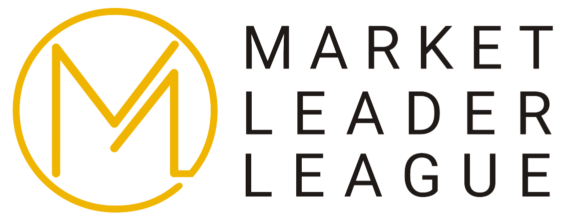In this episode of the Expert Unrivalled podcast I speak to the amazing Bob Gentle (Digital Marketing Expert) about…
- Finding your ‘thing’
- Personal branding, business success and networking for introverts
- Creating great videos when you’re in perfectionist mode
- And the one thing that many businesses miss when creating a digital marketing strategy.
Useful Links
Book a Call with Jen – bit.ly/claritycallpodcast
Book onto my Evolve & Elevate Strategy Session – http://www.jen-hall.com/strategysession
Download my free Ultimate Guide to Becoming a Market Leader – http://bit.ly/MARKETLEADERGUIDE
Send your emails to jen@jen-hall.com
Subscribe to Bob’s podcast here – amplifyme.fm
Find & Follow Bob on social media using @bobgentle
[spp-transcript]

